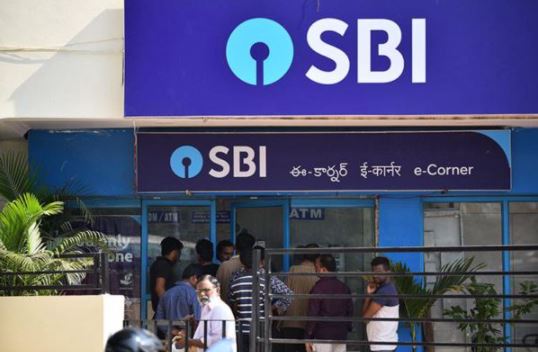
While sharing an infographic, State Bank of India (SBI) has warned customers not to click on embedded links sent through SMS.
While sharing an infographic, State Bank of India (SBI) has warned customers not to click on embedded links sent through SMS.
SBI Alert: State Bank of India, the country’s largest state-run bank, has once again cautioned its customers to protect customers from fraud. SBI has alerted the customers by tweeting on Twitter.
Actually, a large number of online transactions are taking place in the country. Many a times people lose a significant amount of their money due to banking frauds.
The bank has given information about how you can become a victim of fraud and your deposits and capital can disappear through SMS or mail in the name of KYC.
Sharing an infographic, State Bank of India in a tweet warned customers not to click on embedded links sent through SMS. State Bank of India (SBI) in a tweet from its official Twitter handle wrote, “Here is an example of #YehWrongNumberHai, KYC Fraud.
Such SMS can lead to fraud and you can lose your savings. Embedded Links Do not click on it. Check the correct SBI short code on receiving SMS. Stay alert and stay tuned #SafeWithSBI”
Here is an example of #YehWrongNumberHai, KYC fraud. Such SMS can lead to a fraud, and you can lose your savings. Do not click on embedded links. Check for the correct short code of SBI on receiving an SMS. Stay alert and stay #SafeWithSBI.#SBI #AmritMahotsav pic.twitter.com/z1goSyhGXq
— State Bank of India (@TheOfficialSBI) March 4, 2022
SBI has also said that customers should always check the SBI short code when they receive a text message.
Let us tell you that earlier the last date for updating bank account KYC was 31 March 2021. In view of the Omicron variant of Corona, the last date for updating KYC of RBI was extended to 31 March 2022.